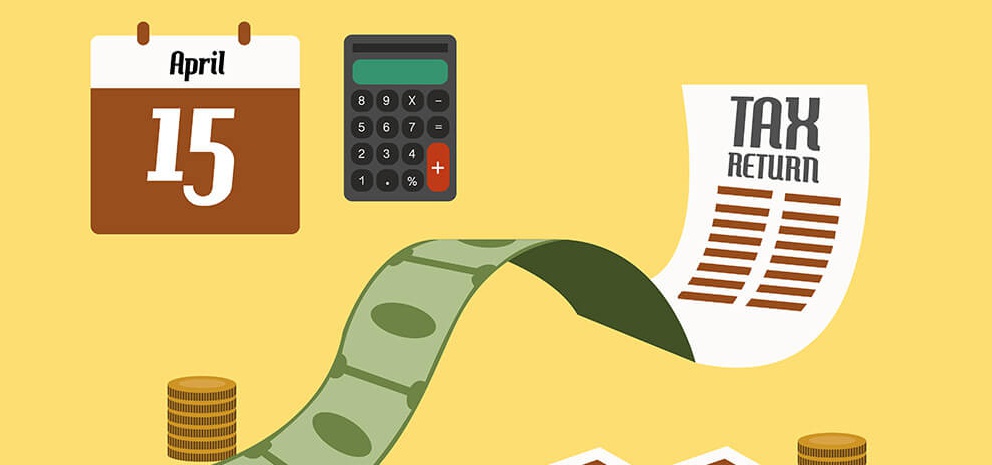Planning ahead for your business
Now that we’re in to another year, many businesses will be looking back and evaluating 2015. However it’s also a perfect time to look forward and start planning for the year ahead.

The budget in October brought with it more changes for 2016 payroll. The biggest change is to the USC rate bands and rates. The bands have been extended so that more income is taxed at the lower rates, and the rates have also been reduced. In addition a new tax credit of €550 has been introduced for self-employed individuals. If you have employees then it’s essential to ensure that your payroll system is updated correctly so that employees are paying the correct tax. It’s also worth double checking the tax credits that come from Revenue to ensure that they appear to be correct.
Many businesses may have been contacted last year by Revenue, informing them that their Vat filing frequency is being extended in 2016. If you filed a Vat return bi-monthly last year, then next year you may be expected to file every four months or even every six months. While this may mean less work in preparing the return, it can lead to cashflow issues if you have to pay Revenue four or six months’ worth of vat in one lump sum. If you would prefer to keep to the filing timescale that you had in 2015 then you should contact Revenue before the end of your first filing period in 2016 and request the change. Generally when you enter a new vat period you cannot change the frequency until that period is over.
Even if you do find yourself with a longer filing frequency, you still have the option of calculating your vat every month or two months and making the relevant payment to Revenue. When you do come to file your return a large part of the liability will already be paid. Similarly if you found yourself with an unexpected tax bill in October, now would be a good time to consider setting up a monthly standing order with Revenue for 2016 income tax. Paying in advance on a monthly basis will not only help you to manage your cashflow, but it will also ensure that you remain compliant with Revenue.
Another area to evaluate early in the year is the bookkeeping and accounts systems that you have in-house. We all start the year with good intentions but sometimes day-to-day life takes over and those intentions go out of the window. Putting a good bookkeeping system in place early in the year can reap rewards further down the line. If you are on top of your accounts you’ll have valuable information at your fingertips every month. While your year-end accounts can be very valuable, by the time you receive them the information is already out of date. If you need to make important decisions such as staffing, funding requirements etc, the information that you use to make those decisions should be as up-to-date as possible.
Finally consider setting yourself realistic and achievable goals that you can monitor each month. That way you can keep an eye on your progress and stay on top of your business’ performance. Self-employment can be tough, so make things a little easier on yourself by mapping your path out in advance.
